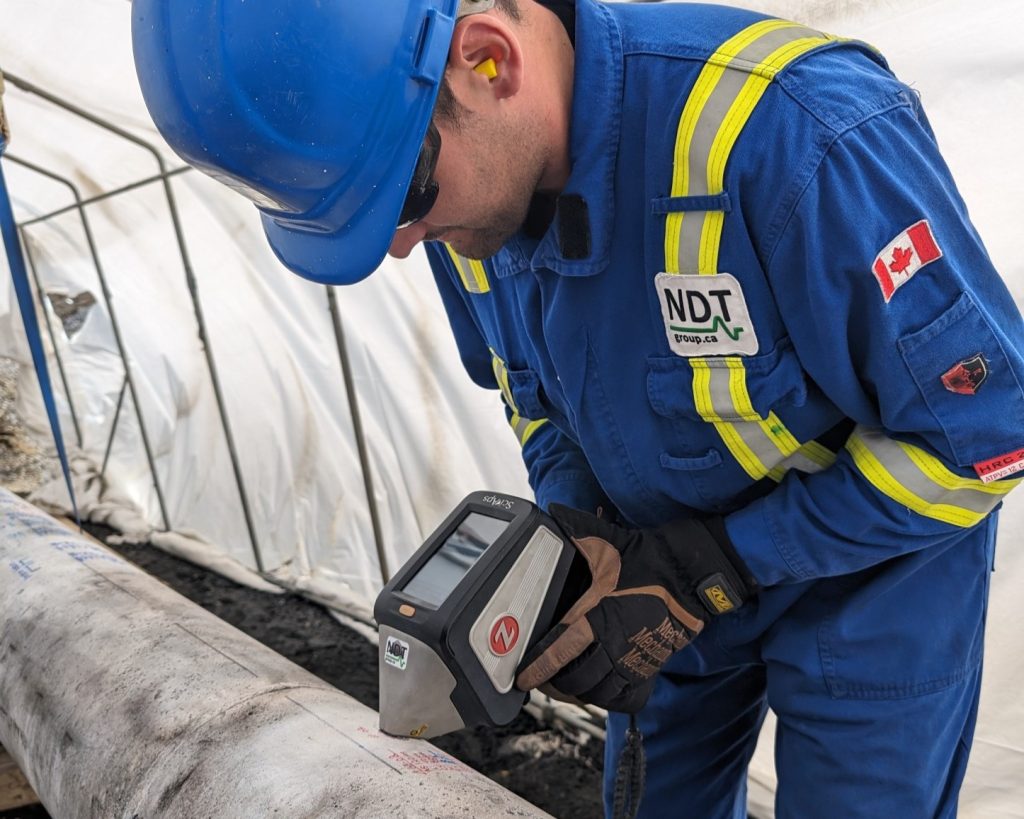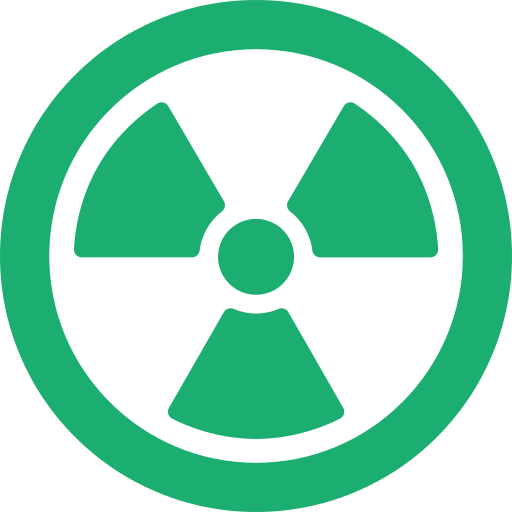LIBS (Laser Induced Breakdown Spectroscopy) is an optical emission spectroscopy technique that uses a pulsed laser to create a plasma on a sample’s surface, analyzes the emitted light to identify and quantify elemental concentrations, and has recently been miniaturized into a handheld device.

BENEFITS
- Non-Destructive: LIBS is a non-destructive technique, meaning it does not harm the material being tested. This makes it suitable for assessing the composition of valuable or irreplaceable components.
- High Precision: LIBS provides precise quantitative data about the elemental composition of the material, often with detection limits in the parts-per-million (ppm) range.
- Rapid Analysis: LIBS provides quick results, making it efficient for quality control and process monitoring.
- Wide Element Range: LIBS can detect a broad range of elements, from major alloying constituents to trace impurities, making it versatile in various industries.
-
Reliable and Reproducible: LIBS is known for its high accuracy and reproducibility, making it a trusted method for material analysis.
APPLICATIONS
- Metallurgy: LIBS is extensively used in the metallurgical industry to analyze the composition of metals and alloys, ensuring they meet required specifications for strength, durability, and corrosion resistance.
- Aerospace: LIBS helps ensure the integrity of aircraft components, such as engine parts and structural materials, by verifying their alloy compositions.
- Automotive: Automotive manufacturers use LIBS to assess the quality of materials in engine components, chassis, and other critical parts.
- Oil and Gas: LIBS is applied in the oil and gas industry to analyze the composition of pipelines, valves, and other equipment exposed to harsh environments.
- Chemical Industry: LIBS is used to verify the composition of chemical substances and ensure they meet quality standards.
- Mining: LIBS plays a role in assessing the quality of ore samples and monitoring the composition of metals during the extraction and refining processes.







